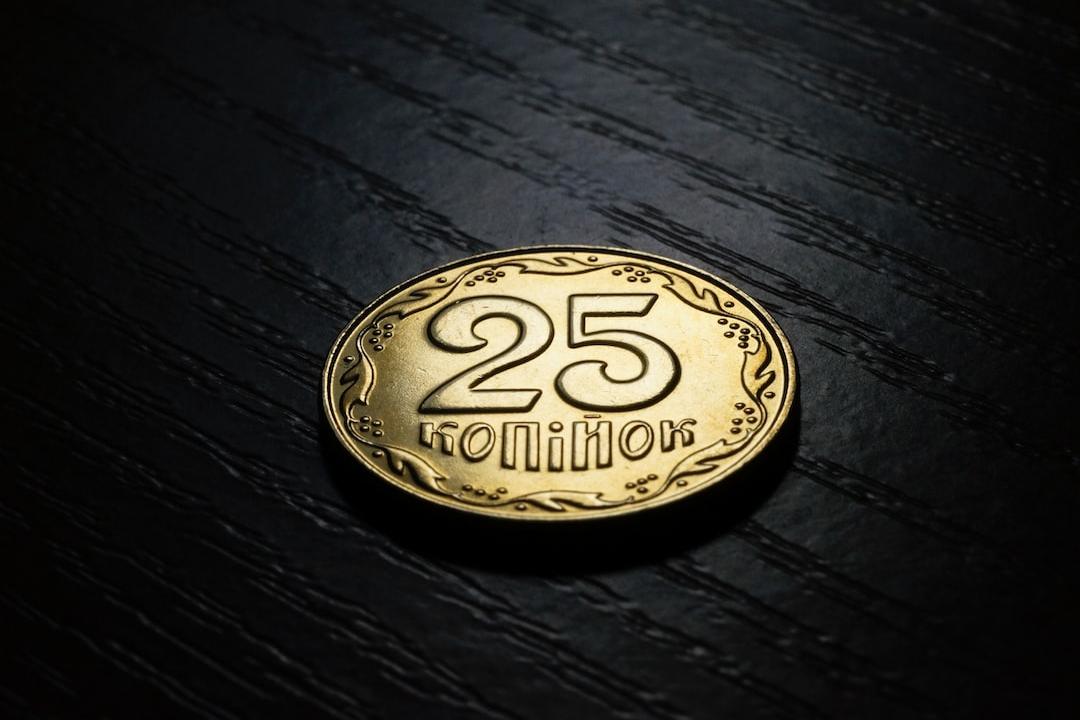BlackRock, the world’s leading asset management company, reportedly spent $1 billion on bitcoins just on the eve of the sharp decline of the BTC price. The latter was triggered by the Fed Chair’s announcement of the change of pace for rates cut. The announcement was accompanied by statements that cast a shadow on the strategic Bitcoin reserve plans.
December 18, 2024, will be remembered as the day when U.S. Federal Reserve Chair Jerome Powell set the crypto market on fire with a couple of phrases. The Fed, to the surprise of many, proposed a reduction of the rate cuts for 2025: there will be two interest rate cuts the next year instead of four, as was expected before.
Lower interest rates usually fuel the crypto market. Therefore, the rate cut reduction is a bearish signal. On top of that, Powell stated that the central bank is not allowed and is not even interested in holding any Bitcoin (BTC).
Several experts called the federal funds rates cutting by 25 basis points “hawkish” or even “aggressive.” The move caused a panic sale on the crypto market. Bitcoin dropped by 13% within 48 hours. Many altcoins experienced even harsher price drops: Dogecoin lost 26%, Ether declined by 16%, while XRP was down by 18%. The CoinGlass data indicates that over 1.4 billion dollars in leveraged long positions were liquidated within a single day. Stock markets saw a substantial drop, too.
Was a one-billion-dollar BlackRock investment in Bitcoin a fatal mistake?
One may think that buying $1 billion worth of BTC one day before the dip would have been a catastrophe. However, we can take the example of BlackRock and see how such unfortunate timing for a massive buy-in may not be fatal in the long term.
According to Arkham, BlackRock spent $1.5 billion on bitcoins within the week. A $1 billion investment in Bitcoin was made just before the dip at the price between $103k and $107k, meaning that the company purchased nearly 10,000 BTC.
As of December 20, BlackRock owns over 553,000 BTC, which is around 2.6% of the total supply of Bitcoin. This investment represented a 1.8% increase in the total IBIT (BlackRock’s iShares Bitcoin Trust) BTC holdings.
According to the latest data from Fintel, the total holdings of BlackRock are valued at $4.7 trillion. However, other sources estimate the BlackRock holdings at over $11 trillion. The Bitcoin share of these holdings is quite small, which aligns with the recent BlackRock recommendation to allocate up to 2% of Bitcoin in a multi-asset portfolio to hedge against market turbulence.
It is clear that missing a better buying opportunity that occurred the day after, when the BTC price slipped under $93,000, was unfortunate. However, the value of the overall BlackRock portfolio is high enough to absorb this drop in value without much drama. Considering how many times Bitcoin has “crashed” only to recover at a higher value, this price decline is negligible. What matters more is the fact of acquiring more bitcoins, which continue to grow in value and become scarcer over time.
BlackRock and the Bitcoin scarcity discussion
It seems that BlackRock is the prime beneficiary of Bitcoin’s scarcity. Interestingly enough, it was BlackRock who sparked the online debate about the immutability of the famous Bitcoin’s 21 million hard cap.
On December 18, BlackRock released a 3-minute-long educational video explaining the basics of Bitcoin. At some point in the video, we can see the subtitle that reads, “There is no guarantee that Bitcoin’s 21 million supply cap will not be changed.”
This little remark did not go unnoticed by crypto enthusiasts and professionals. Bitcoin historian and Gorilla Pool founder Kurt Wuckert Jr. took to X to raise the question about possible reasons that made BlackRock “lube up the idea of adding inflation.”
The removal of the 21 million supply cap is not impossible. The Bitcoin community can do it through a hard fork. However, the implications of such a move could shake the future sustainability of the first cryptocurrency. At large, Bitcoin’s security owes to the incentivization of the miners. However, if Bitcoin scarcity is no longer a reality, the reward value may drop, making the network less protected and more vulnerable.
Several users replied to Wuckert that they see the mention of the potential removal of the hard cap as a formal disclaimer made to avoid lawsuits in the event Bitcoin becomes inflationary. Others voiced the opinion that the forked Bitcoin that won’t have a 21 million limit will rather be something else and not Bitcoin, while the hardcore community will stick with the original version.
Conclusion
BlackRock is willing to experiment with the relatively new asset. No matter how much of the entire BTC supply is already owned by this company, it won’t risk investing more than it can afford to lose, and the recent buy-in is just another purchase made by a corporation that definitely sees the value in Bitcoin itself. After all, 1 bitcoin is worth 1 bitcoin.

